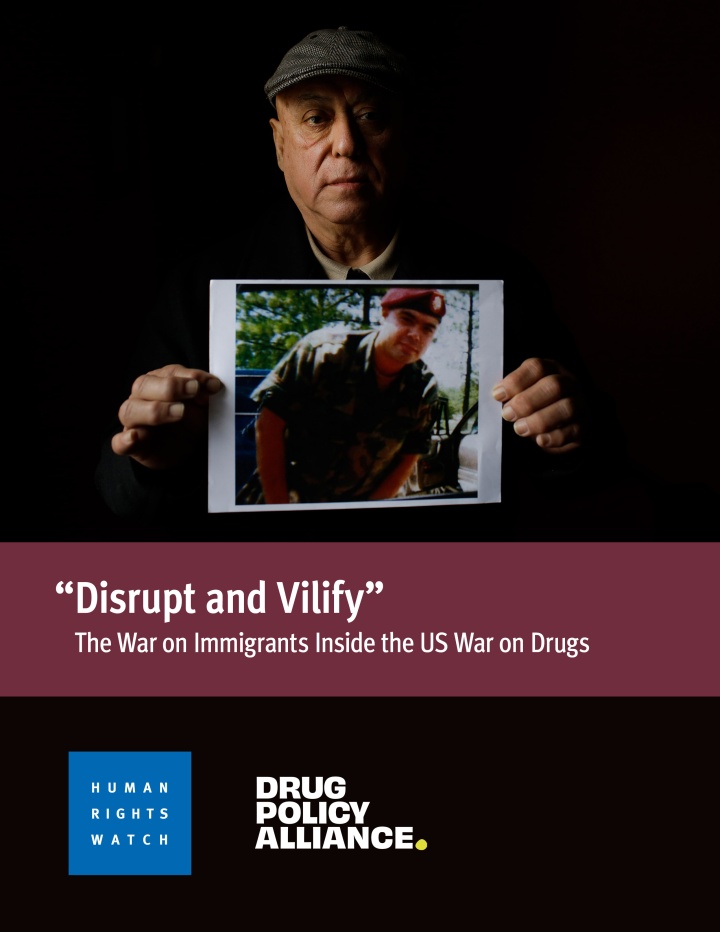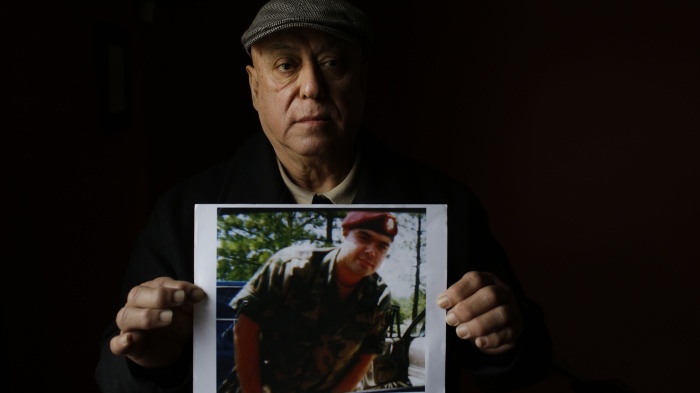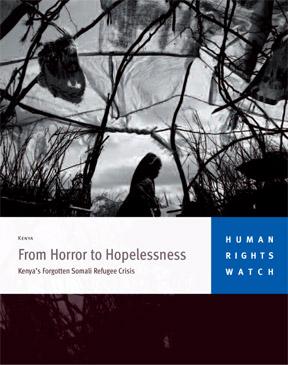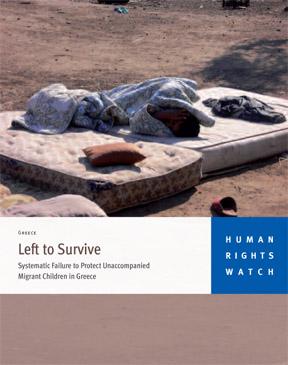“Disrupt and Vilify”
The War on Immigrants Inside the US War on Drugs
The 91-page report, “Disrupt and Vilify,” shows that the failure to reform disproportionately harsh federal immigration law has resulted in enormous numbers of deportations, splitting families apart, disrupting communities, and destabilizing people well-established in the US. For example, federal immigration law that treats some types of marijuana use as a deportable offense is at odds with many states’ recreational marijuana laws, penalizing immigrants and non-citizens for activities that are legal for citizens at the state level. The groups found that 500,000 people whose most serious offense was for drugs were deported between 2002 and 2020.
















